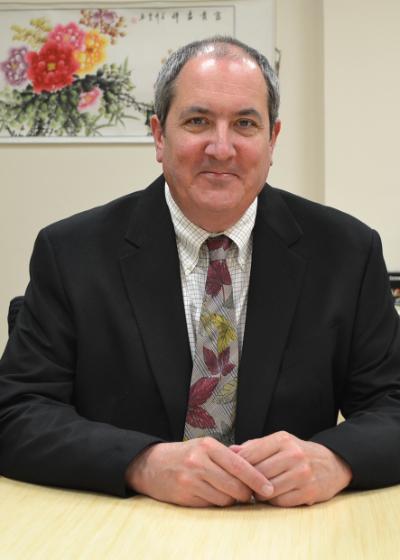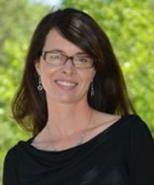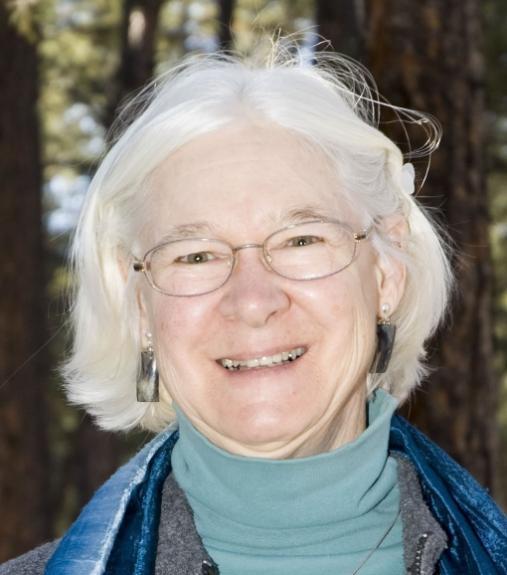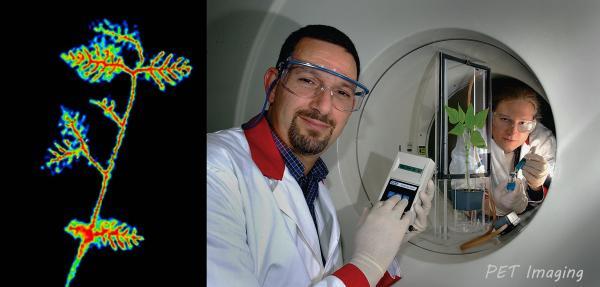Speakers
 |
Dr. John Walker Missouri EPSCoR Director |
|
Professor John C. Walker received his B.S. degree from Arizona State University in 1979 (biological sciences) and his Ph.D. degree from the University of Georgia in 1985 (biochemistry). He completed his postdoctoral training at the Commonwealth Scientific and Industrial Research Organization (CSIRO) in Canberra, Australia, from 1985-1987. He joined the faculty in the Division of Biological Sciences at the University of Missouri in 1987 and was appointed Chair in 2011 and a Curators’ Distinguished Professor in 2014. He also serves as Director of Missouri EPSCoR and is a member of the Scientific Advisory Board for the Donald Danforth Plant Science Center in St. Louis. Prof. Walker studies the molecular mechanisms regulating cellular signaling in plants. He isolated the first receptor-like kinase (RLK) gene, the first of a large family of RLK genes that mediate various developmental and environmental interactions in plants. His lab also has made major contributions to identifying the downstream signaling outputs of these receptors and to the specific pathways in which they are involved. Much of our understanding of the role of RLK-mediated signaling in plant development is derived from his studies. He is an internationally recognized leader in the field of protein phosphorylation in plants and for his pioneering work on protein kinase studies in plants. His most recent work is focused on elucidating the gene regulatory networks that control abscission in plants. Prof. Walker was elected a Fellow of the American Association for the Advancement of Science in 2004. |
 |
Dr. Rebecca Kruse |
|
Rebecca Kruse is a Program Director for the Division of Research on Learning in Formal & Informal Settings (in Educational and Human Resources). Rebecca currently serves the Innovative Technology Experiences for Students and Teachers (ITEST), Discovery Research PreK-12 (DRK-12), STEM+Computing Partnerships (STEM+C), and Promoting Research & Innovation in Methodologies for Evaluation (PRIME) programs. Rebecca also manages NSF’s participation in the interagency Albert Einstein Distinguished Educator Fellowship Program and supports EHR’s program evaluation and monitoring activities. Rebecca’s prior work included development, research, and evaluation of projects and programs that support STEM education across age groups, learning settings, and community contexts. Rebecca has contributed to numerous projects funded by the Department of Defense, the National Science Foundation, the U.S. Department of Education, the National Institutes of Health, and the state of Louisiana. Rebecca holds a Ph.D. in Chemistry from University of Illinois Urbana-Champaign and conducted post-doctoral work in science education at San Diego State University’s Center for Research in Mathematics and Science Education. Recent positions include Evaluation Director for the Army Educational Outreach Program Cooperative Agreement (led by Virginia Tech) and Science Educator at Biological Sciences Curriculum Study.
|
 |
Dr. Susan Weiler Program Director Office of Integrative Activities |
|
C. Susan Weiler is a Program Director with the Office of Integrative Activities Experimental Program to Stimulate Competitive Research (EPSCoR). Her NSF experience also includes positions with the Geosciences Directorate Divisions of Atmospheric and Geospace Sciences (2009-2012) and Polar Programs (1987/88). She has experience with cross-cutting programs including: EPSCoR Tracks I, II and co-funding (http://nsf.gov/epscor ); Faculty Early Career Development Program (CAREER, http://nsf.gov/career); Major Research Instrumentation (MRI http://nsf.gov/mri); Research Experiences for Undergraduates (http://nsf.gov/crssprgm/reu); and the Graduate Research Fellowship Program (GRFP http://nsf.gov/grfp and http://nsf.gov/news/special_reports/grfp_anniversary/index.jsp . Weiler completed a Ph.D. in Oceanography at the University of California at San Diego/ Scripps Institution of Oceanography and conducted post-doctoral research at the University of British Columbia, Canada and the University of Oslo, Norway. She has been affiliated with Whitman College since 1981 where she is currently a Senior Research Scientist. Susan has served as an Associate Editor for Oceanographyand was Executive Director of the Association for the Sciences of Limnology and Oceanography (ASLO) from 1990-1999.Her current work focuses on Earth system science in the context of mentoring and training early career Ph.D. researchers to work collaboratively as part of interdisciplinary research teams. As founder and director of the Dissertations Initiative to Advance Climate Change Research (DISCCRS, http://disccrs.org) she facilitates development of interdisciplinary research networks and conducts research on interdisciplinary collaborative processes.
|
 |
Professor Richard A. Ferrieri Missouri Research Reactor Chemistry Department University of Missouri-Columbia |
|
Dr. Ferrieri earned his Ph.D. degree in Radiochemistry from Texas A&M University in 1979, and then became a postdoctoral fellow under Alfred Wolf at Brookhaven National Laboratory (BNL). He was later hired onto the scientific staff at BNL working on the medical applications of Positron Emission Tomography (PET). In 2002, Dr. Ferrieri shifted his interest away from medical research, and into plant biology leveraging many of the same imaging and radiochemistry tools to study basic plant function. He is credited with developing the first radiolabeled PET plant hormone for imaging, as well as with building a unique Plant Radiotracer Facility at BNL recognized world-wide for its integration of radiochemistry and plant phenomics. Dr. Ferrieri has moved his program to U. Missouri (Columbia) where he continues his research in plant stress biology. |



